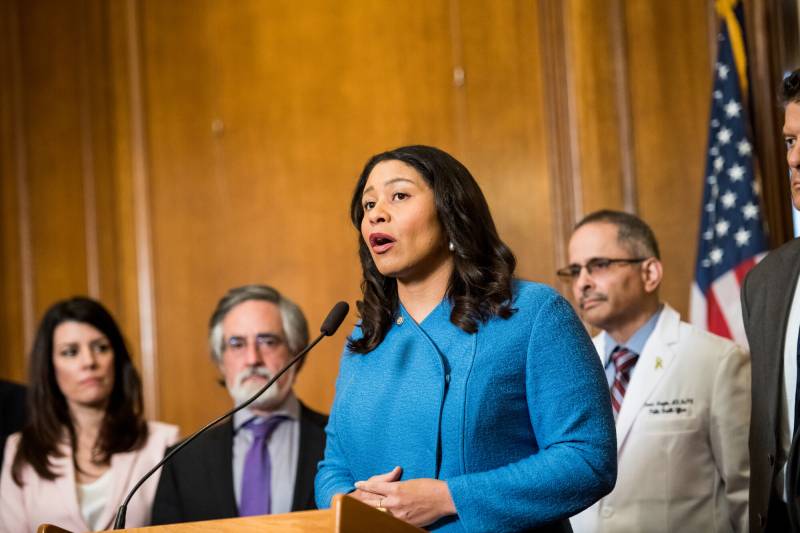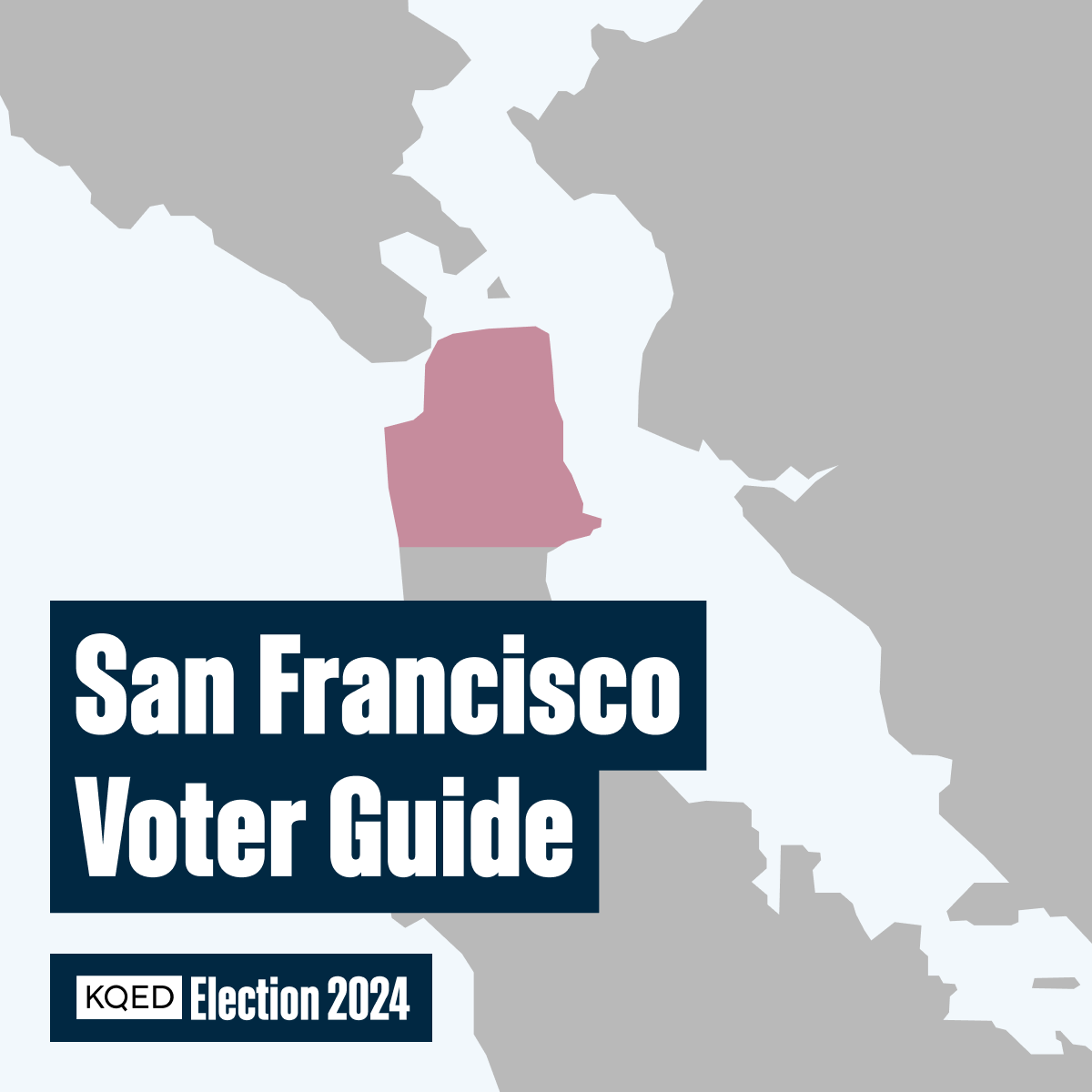On the campaign trail and in a recent interview with KQED, Breed encouraged voters to “first of all, vote for Kamala Harris. And second of all, vote for me. Full stop.”
It could be a risky move for an incumbent to align themselves with a challenger, McDaniel said, but it also means the mayor will have to seek out those second-choice votes through other avenues.
“I can’t blame her or her campaign for not doing that,” he said. “But it is a potential vulnerability for her campaign at this point.”
Although Breed isn’t forming an alliance with another candidate, she recently secured second-choice endorsements from several high-profile progressives, including the San Francisco Public Defender Mano Raju, Supervisors Hillary Ronen and Shamann Walton and former Supervisor Jane Kim. Several of those progressive leaders, like Kim and Ronen, have endorsed Board President Aaron Peskin for their No.1 pick.
“I may not be someone’s first choice, but I’d like to be their second or third choice. Please consider me for your ballot,” Breed told KQED. “You may not always agree with everything I do, but you know that I know how to do this job. You know that I’m battle-tested and proven in a crisis. And you know that the city is starting to change because we’ve been able to do the necessary legwork.”
Nonprofit founder and political outsider Daniel Lurie appears to have a majority of San Francisco voters’ second-choice pick, according to a September poll from KRON and Emerson College.
Like Breed, Lurie isn’t aligning himself explicitly with any opponents. However, his campaign is still strategizing around ranked choice voting and working to convert some of those second-choice voters into first-choice supporters.
“We had a strategy going into this to be broadly popular across a lot of voters instead of isolating a thinner band of voters,” said Tyler Law, a campaign consultant for Lurie. “You need to convert second-choice votes into first. Because in [ranked] choice voting, you have to [reach] the final two to have those voters come to you.”
Meanwhile, former Supervisor and Interim Mayor Mark Farrell formally announced an alliance with Supervisor Ahsha Safaí, urging voters to mark them as their first and second choices.
The two represent vastly different backgrounds and constituencies. Farrell worked as a venture capitalist and served the city’s wealthy Marina district as supervisor, while Safaí, the only immigrant in the race with a background in labor organizing, oversees one of the city’s most prominently working class and diverse neighborhoods.
They said their approach was designed to extend their appeal to voters they might not capture on their own.
“When you think about alliances and partnerships, it’s about complementing,” Safaí said. “I’m going to spend time over the next month getting him in front of and having conversations with a number of my key constituencies that he might not have had history with so that they can ask him the tough questions and ultimately make their own decisions.”
Farrell and Safaí recently took their plea to voters a step further, asking them to explicitly leave Breed and Supervisor Aaron Peskin, the most progressive candidate in the race, off their ballots completely and calling for Lurie voters to rank Farrell second.


